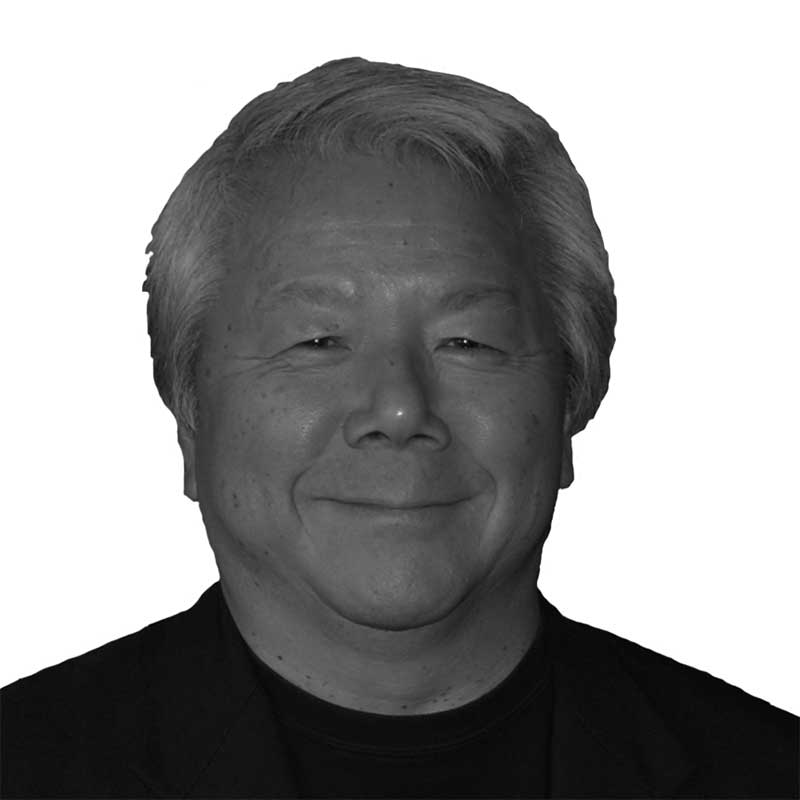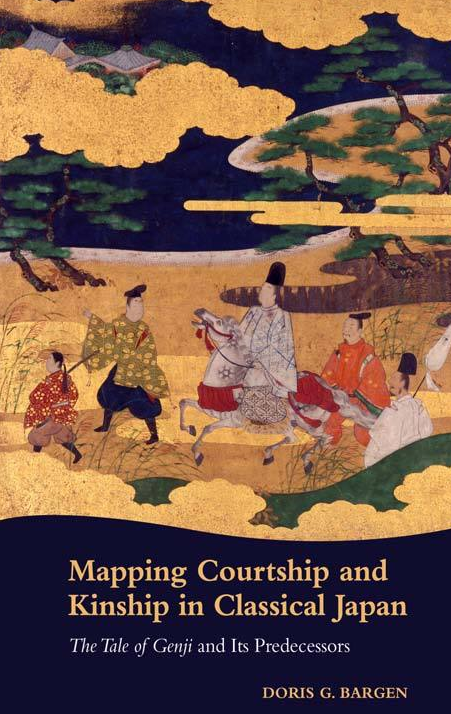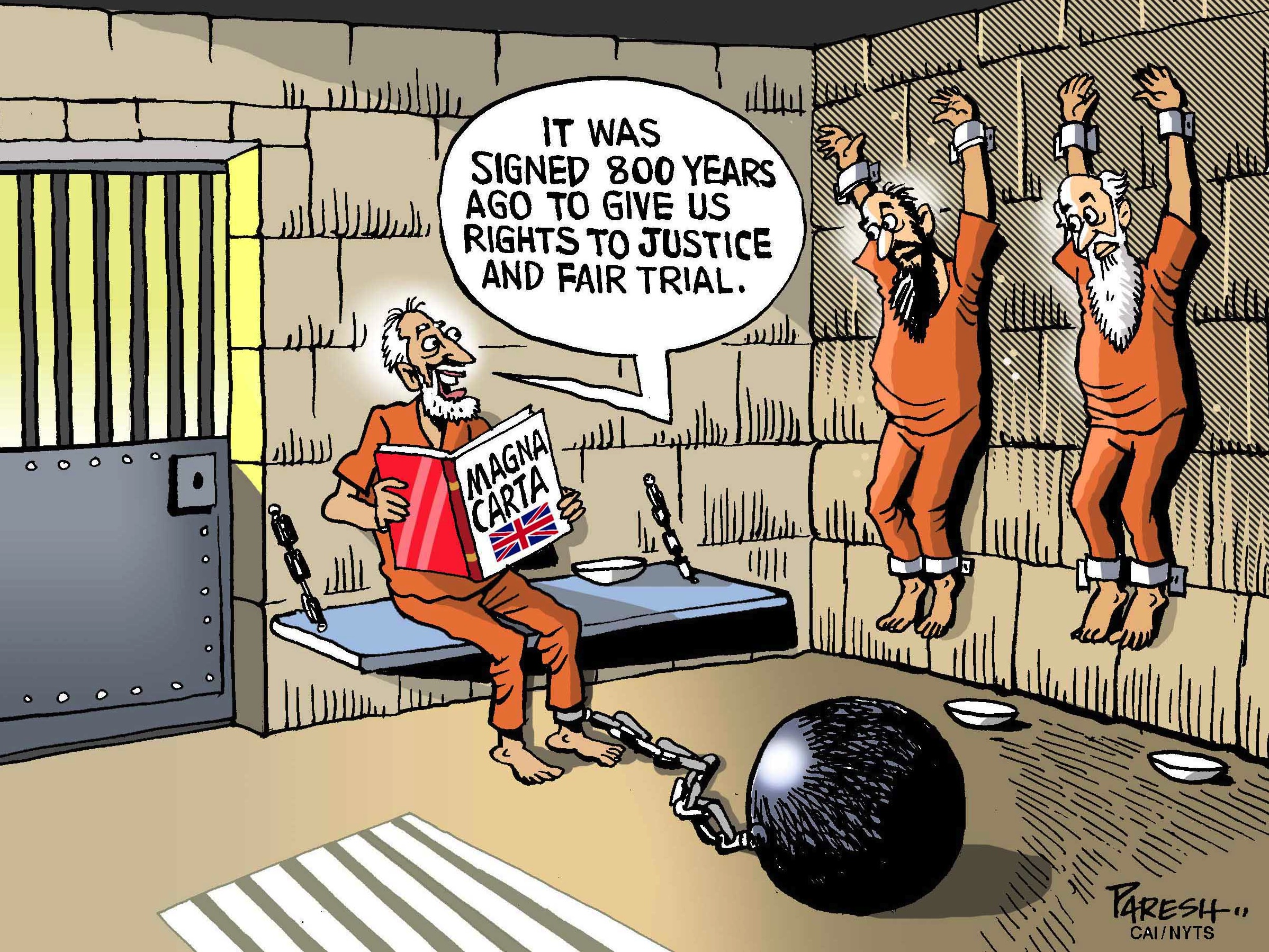
Meta
Hiroaki Sato
A Japan Times columnist since 2000, Hiroaki Sato has won prizes for his translation of poetry (PEN American Center, Japan-US Friendship Commission). A paperback edition of his "Legends of the Samurai" has recently appeared. He is now working on a second collection of samurai tales with their origins.
Mar 30, 2015
Feb 27, 2015
Jan 26, 2015
Dec 29, 2014
















